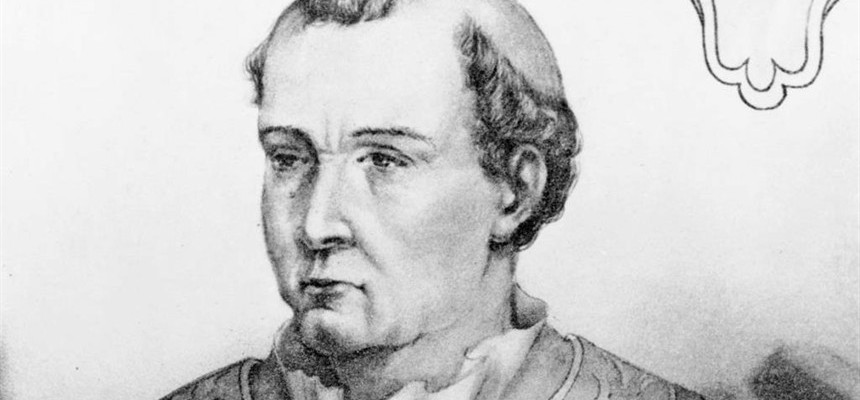
Nicholas is renowned as a consolidator of papal authority. He pushed the influence of the Church on historical development of the papacy and its influence on Western Europe. His view was that a pope should have suzerainty over all Christians, even royalty, in matters of faith and morals. (Suzerainty is the control, usually of foreign policies of an otherwise independent entity).
Born into a distinguished family, Nicholas’ father was Defensor Theodore, a prominent Roman citizen. The young man was well educated and entered the Curia early. He was a subdeacon under Pope Sergiius II and became a deacon under Pope Leo IV. He was a man of his times, distinguished for his piety, benevolence, competence, knowledge and eloquence. It was easy to see why he was elected.
Pope Benedict III died on April 17, 858. Emperor Louis II, king of Italy, heard and came to Rome within days. He wished to influence the election, since there was no proscribed manner of elections, yet. Only one week later, Nicholas was elected. On the 24th, he was consecrated and enthroned in St. Peter’s Basilica, in the presence of the emperor. Three days later, the new pope hosted a farewell banquet for Louis, then, accompanied by the Roman nobility, visited Louis’ camp, just outside of Rome. It is said that Louis walked, leading the pope’s horse, for part of the way, as a demonstration of honor.
Nicholas had a great job ahead of him. One hundred years of invasions from the North (Norsemen and pagan German tribes) and the South (Muslim navy and army) had given the Europeans political indecision and spiritual exhaustion. Charlemagne’s great empire was on its last legs. Morality, even among clerics, was a joke. Nicholas saw himself as a conscientious representative of the moral, ultimate ruler. He conceived of his mission to be the vindication of Christian morality and the defense of God’s law.
Via arguments with the Frankish princes and, even, synods, Nicholas pushed the concept of Christian marriages. Sometimes he was on the side of the princes and sometimes not. He allowed couples to marry without regard to politics. And he forced people to stay married when politics would deem it better otherwise. Other synods he conducted were to control the clerics, who had grown to think of themselves as better than their parishioners and above morals.
Nicholas encouraged missionary activity. He confirmed that the archbishop of Bremen and his successors would possess the office of papal legate to the Danes, the Swedes and the Slavs. When Prince Boris of Bulgaria, thanks to Greek missionaries, decided to convert to Christianity, the prince wrote 15 questions to the pope, which Nicholas duly answered, with much thought. (One question was whether men and women should wear pants). Boris eventually joined the Eastern Church.
The ongoing split between Rome and Byzantium continued as the Patriarch Ignatius of Constantinople was usurped and replaced. Despite Nicholas’ arguments that Rome was supreme, the Emperor Michael refused to acknowledge this. The emperor simply had the papal legates turned back to keep them from presenting . Michael’s second in command, Basil, killed the emperor and reinstated Ignatius. But, by the time the news got to Rome, Nicholas was dead.
Nicholas cooperated with Emperor Louis and Emperor Michael of Constantinople to stem the Muslim attacks on Southern Italy. He strengthened the fortifications at Ostia, which had been rebuilt not so long before. He rebuilt several churches in Rome. But most of all, he accented religious life, being, himself, drawn to piety and asceticism.
Pope Nicholas shares the term “the Great” with only three others, Pope Gregory I, Pope Leo I and Pope John Paul II.

Recent Comments